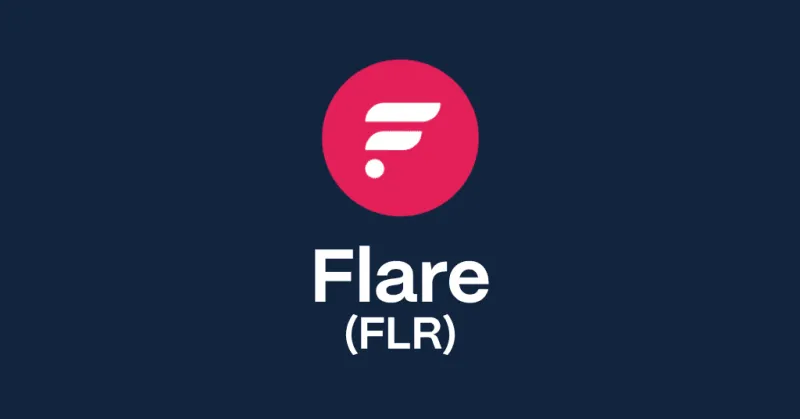Defense attorneys for Samourai Wallet co-founders Keonne Rodriguez and William Hill have accused federal prosecutors of suppressing vital information that could have exonerated their clients. In a May 5 letter to a Manhattan federal court, lawyers revealed that the Financial Crimes Enforcement Network (FinCEN) had informed prosecutors that Samourai Wallet didn't require licensing months before charges were filed.
The attorneys wrote, "Shockingly, six months later, the same prosecutors criminally charged Keonne Rodriguez and William Hill with operating just such a business without a FinCEN license." This critical information was only disclosed on April 1, 2025, despite legal obligations to share it much earlier.
Non-Custodial Status Central to Legal Dispute
Rodriguez and Hill were arrested in April 2024 after being charged with operating an unlicensed money transmitting business and money laundering conspiracy. Prosecutors alleged their mixing service facilitated over $100 million in laundering through more than $2 billion in illegal transactions.
However, FinCEN officials, including Kevin O'Connor and Lorena Valente, had previously advised prosecutors that because Samourai didn't take custody of cryptocurrencies or control private keys, it didn't qualify as a money services business under existing guidance.
Defense Seeks Dismissal Following Recent Policy Change
Samourai's legal team is now demanding a hearing to investigate the delayed disclosure and seeking case dismissal. They've also pointed to an April 7, 2025 memo from Deputy Attorney General Todd Blanche stating the Justice Department would no longer prosecute crypto mixers like Samourai for regulatory violations.
The outcome could establish important precedent for non-custodial platform developers and how crypto mixers are classified under U.S. financial regulations moving forward.

 Nikolas Sargeant
Nikolas Sargeant







